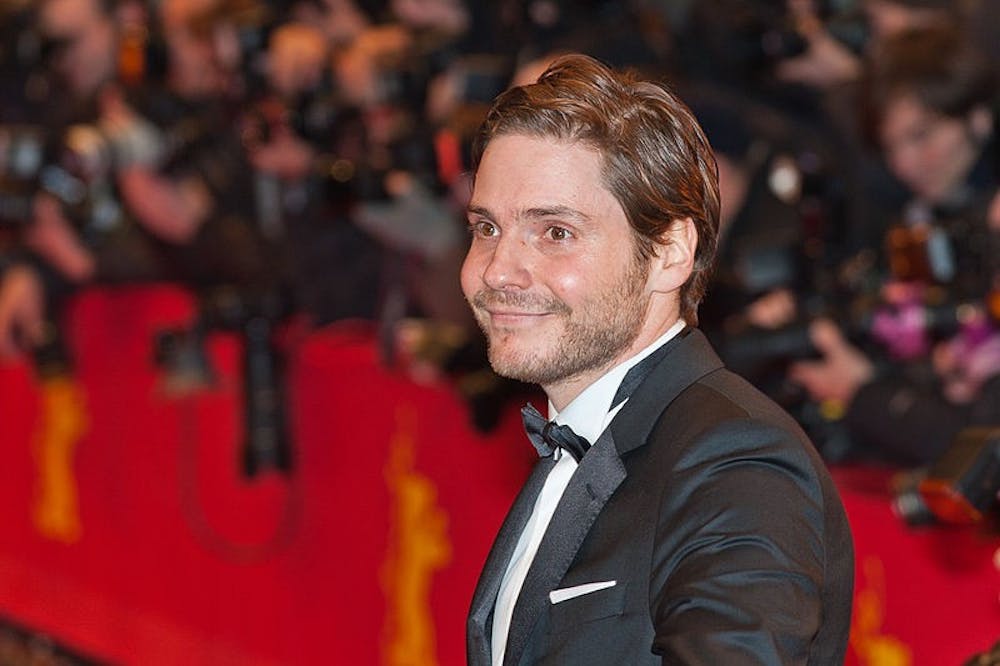In the midst of an exciting Super Bowl and the hype that comes with the commercials, fans were caught off guard by a trailer for a movie that nobody was expecting.
No, I’m not talking about the one where The Rock has a prosthetic leg and has to save his family from apocalyptic monsters. What I’m talking about is the third film set in the Cloverfield universe.
To those of you who don’t know, Cloverfield is a film series about monsters. The first film, Cloverfield, is set in New York City and follows a group of friends who are trying to survive as well as simply figure out what is happening.
It’s an incredibly well made film that keeps you on the edge of your seat throughout its entire run-time but also leaves you with so many questions that you desperately want answers too.
Unfortunately Cloverfield was never followed up with a direct sequel. However, just two years ago, J.J. Abrams and his production company, Bad Robot Productions, surprised this rabid fanbase with 10 Cloverfield Lane.
It’s relationship to the original/first film is admittedly very minimal. The entire story takes place inside what can only be described as a fallout shelter in the middle of nowhere.
Fantastic performances from John Goodman and Mary Elizabeth Winstead and a well-cultivated claustrophobic atmosphere made 10 Cloverfield Lane one of the best films of 2016.
With that in mind, one can guess how high the level of anticipation for this new Cloverfield entry is.
Originally titled God Particle, little was known about the film other than that it had a stellar cast headlined by Gugu Mbatha-Raw (for you Black Mirror fans she plays Kelly in the phenomenal “San Junipero” episode of the series), it featured Inglourious Basterds star Daniel Brühl and it was set in space.
If you spend an unhealthy amount of time on Twitter, such as myself, you would have seen that there was a rumor that Netflix had purchased the film rights from Paramount Studios, but no confirmation nor release date had been given.
Keeping in line with the marketing styles of the previous two entries in the series, Netflix dropped a bomb on everyone by not only premiering the trailer during the “Big Game” but by also announcing that once the game was over the film would be released on its site.
The immediacy of the film was and always will ignite controversy that can best be summarized by the question: “Is Netflix killing the film industry?” But that’s a conversation for another time.
The method that Netflix used for this particular film was beneficial to the site, it got people excited, elevated the hype to insurmountable levels and then gave everyone what they wanted. Unfortunately, it wasn’t something good.
The film once known as God Particle but released as The Cloverfield Paradox is set in the year 2028 in which the world is suffering from an energy crisis. A group of scientists are sent into space to attempt to use a particle accelerator to solve said energy crisis. However as you can assume, something goes wrong and the group finds themselves facing some kooky shit.
For roughly the first hour of this movie you get some genuinely entertaining and horrifying scenes. The characters don’t have any idea what is happening in the space station, and neither do you.
This mystery hooks you just enough to keep you invested, but once the second half of the film begins, in which we, alongside the crew, would get some answers, the film falls apart.
There are two separate stories here that only share characters. The first half is a thrilling, mystery that dabbles with horror elements that both fans of the series and casual fans can appreciate; the second half is a story in which these characters use half-assed emotional beats to justify behavior that is counterintuitive to the tasks at hand.
There’s also the fact that many events that happen in the first half of the film are never addressed again. Tonal issues also plague this film, transitioning it away from the horror-science-fiction genre that it starts out as. The ridiculousness of the resolution really makes you doubt whether or not they even realized this particular aspect earlier.
Although the film isn’t exceptionally good, it does feature a soundtrack that is borderline fantastic. It helps generate some sort of consistent atmosphere in a film that lacks uniformity (in terms of story).
Additionally, the cast is superb with what little characterization that the characters they portray have. The standout of course being Gugu Mbatha-Raw, who deserves better than this. The cinematography is also a strong point, and the last shot is spectacular.
Overall The Cloverfield Paradox is a messy, messy film that would not obtain as many views if it wasn’t for it’s title.
If you’re a casual fan you might just want to skip this one and watch something else on Netflix, and if you’re a Cloverfield fan — I’m so sorry, but hey, later this year we get another Cloverfield film — this time allegedly set in World War II.
















Please note All comments are eligible for publication in The News-Letter.